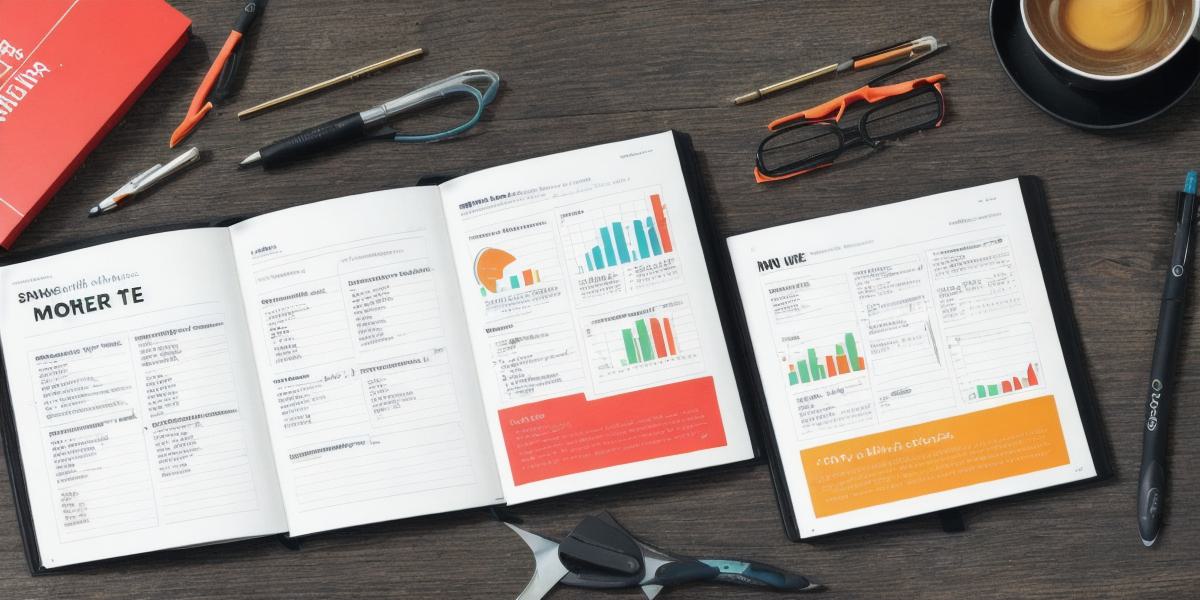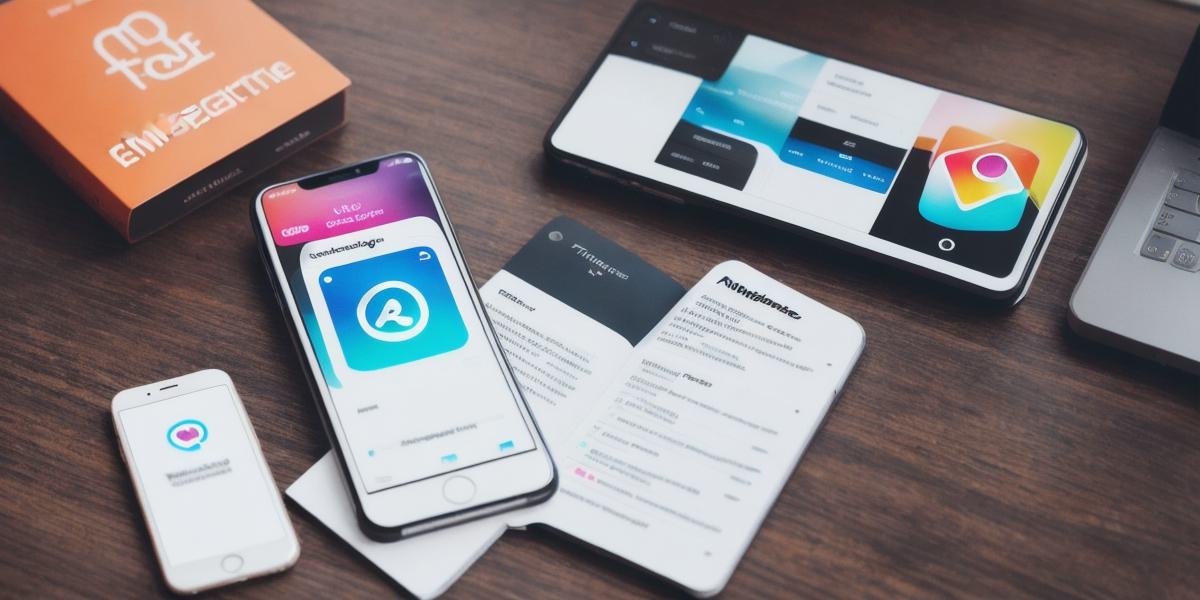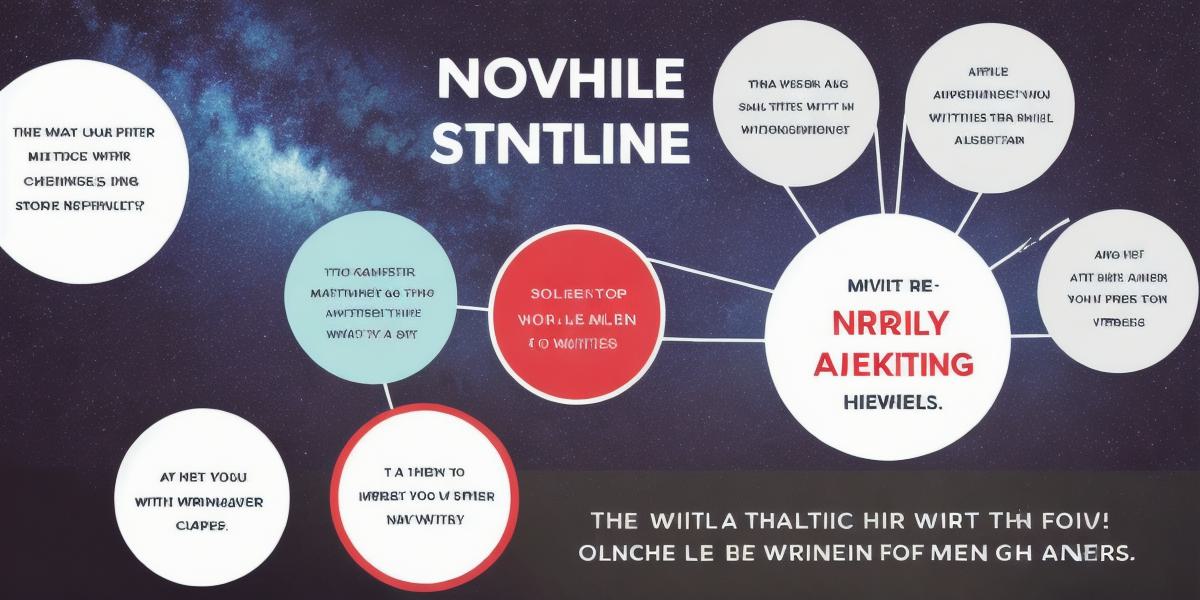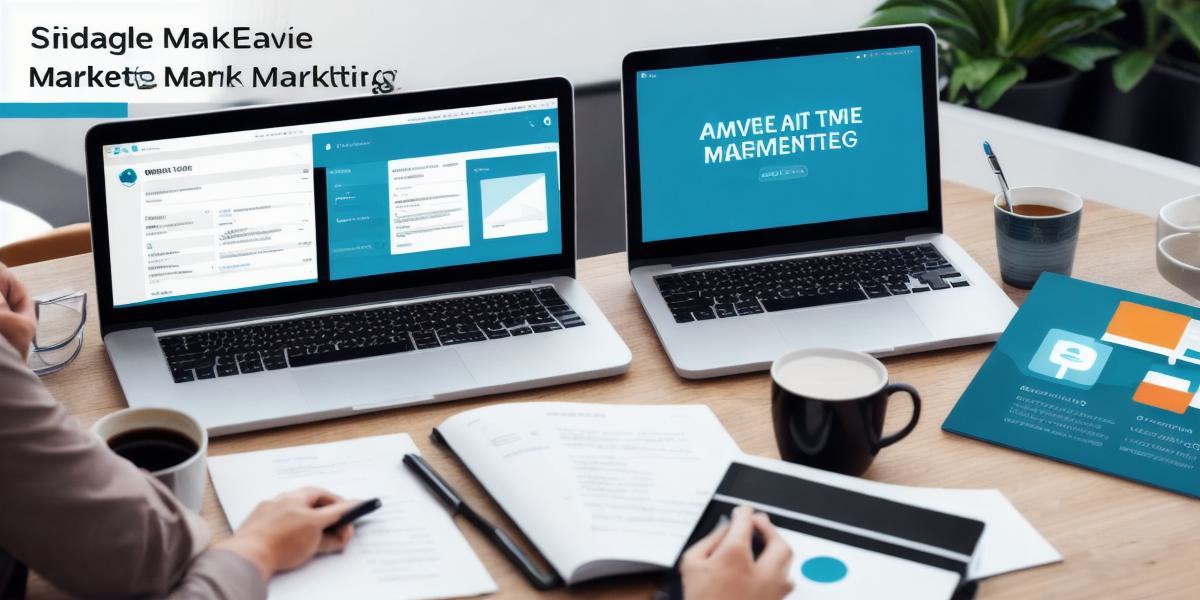As a small business owner, you know how important it is to have effective marketing tools at your disposal in order to grow your business and attract more customers. But with so many options available, it can be difficult to know which tools are the most effective for your specific needs. In this guide, we’ll take a closer look at some of the most popular and effective marketing tools for small businesses, along with real-life examples and expert opinions on how to use them to boost your ROI.
Table of Contents
1.
Introduction: The Importance of Effective Marketing Tools for Small Businesses
2.
Social Media Marketing Tools
*
Facebook
*
Instagram
*
Twitter
*
LinkedIn
3. Email Marketing Tools
* Mailchimp
* Constant Contact
* ConvertKit
4. Content Marketing Tools
* HubSpot
* Buffer
* Canva
* Hootsuite
5. Search Engine Optimization (SEO) Tools
* Ahrefs
* SEMrush
* Moz
6. Pay-Per-Click Advertising (PPC) Tools
* Google Ads
* Bing Ads
7. Analytics and Reporting Tools
* Google Analytics
* Mixpanel
* Kissmetrics
8. FAQs: Answering Your Top Marketing Questions
9. Summary: The Key to Successful Marketing for Small Businesses
Introduction: The Importance of Effective Marketing Tools for Small Businesses
As a small business owner, you know how crucial it is to have a strong online presence in order to attract and retain customers. But with so many options available, it can be difficult to know which marketing tools are the most effective for your specific needs. In this guide, we’ll take a closer look at some of the most popular and effective marketing tools for small businesses, along with real-life examples and expert opinions on how to use them to boost your ROI.
Social Media Marketing Tools
Facebook is one of the most popular social media platforms in the world, with over 2.8 billion monthly active users. As a small business owner, there are a number of reasons why you should be using
to market your business:
- Reach: With over 2.8 billion monthly active users,
Facebook
offers an enormous potential audience for your small business.
- Engagement:
Facebook
allows you to engage with your customers in real-time, through features like comments and direct messages.
- Targeting:
Facebook
‘s targeting options allow you to reach specific demographics, such as age, location, interests, and behaviors.
- Analytics:
Facebook
provides detailed analytics that can help you understand how your posts are performing and make data-driven decisions about your marketing strategy.
Here are some real-life examples of small businesses using
effectively:
- Warby Parker: The online eyewear retailer uses
Facebook
to showcase their products, engage with customers, and run targeted ads. They also use
Facebook
‘s video feature to share behind-the-scenes content and product demos.
- Glossier: The beauty brand uses
Facebook
to share product launches, engage with customers through comments and direct messages, and run targeted ads based on interests and behaviors.
Instagram is another popular social media platform that can be an effective marketing tool for small businesses. Here are some reasons why:
- Visual appeal:
Instagram
is a highly visual platform, making it the perfect place to showcase your products or services through high-quality images and videos.
- Engagement:
Instagram
allows you to engage with your customers through comments, direct messages, and user-generated content (UGC) features like tagging and hashtags.
- Influencer marketing:
Instagram
is home to a large community of influencers who can help small businesses reach new audiences and increase brand awareness.
- Analytics:
Instagram
provides detailed analytics that can help you understand how your posts are performing and make data-driven decisions about your marketing strategy.
Here are some real-life examples of small businesses using
effectively:
- Glossier: The beauty brand uses
Instagram
to showcase their products, engage with customers through comments and direct messages, and run targeted ads based on interests and behaviors. They also collaborate with influencers to reach new audiences.
- Allbirds: The sustainable shoe company uses
Instagram
to showcase their products, share behind-the-scenes content, and run targeted ads based on interests and behaviors. They also use user-generated content (UGC) features like tagging and hashtags to engage with customers and increase brand awareness.
Twitter is a social media platform that can be an effective marketing tool for small businesses looking to stay top of mind with their customers and industry peers. Here are some reasons why:
- Real-time engagement:
Twitter
is a highly active platform, making it the perfect place to engage with your customers in real-time through features like direct messages and mentions.
- Industry news and updates:
Twitter
is a great source of industry news and updates, allowing small businesses to stay on top of trends and best practices in their field.
- Influencer marketing:
Twitter
is home to a large community of influencers who can help small businesses reach new audiences and increase brand awareness.
- Analytics:
Twitter
provides detailed analytics that can help you understand how your tweets are performing and make data-driven decisions about your marketing strategy.
Here are some real-life examples of small businesses using
effectively:
- Starbucks: The coffee chain uses
Twitter
to engage with customers through direct messages, share behind-the-scenes content, and run targeted ads based on interests and behaviors. They also use
Twitter
to stay up-to-date on industry news and trends.
- Zappos: The online shoe retailer uses
Twitter
to engage with customers through direct messages and mentions, share behind-the-scenes content, and run targeted ads based on interests and behaviors. They also use
Twitter
to connect with influencers and stay up-to-date on industry news and trends.
LinkedIn is a social media platform that can be an effective marketing tool for small businesses looking to network with other professionals in their industry and establish themselves as thought leaders. Here are some reasons why:
- Professional networking:
LinkedIn
is the largest professional networking site in the world, making it the perfect place to connect with other professionals in your industry and establish yourself as a thought leader.
- Content sharing:
LinkedIn
allows you to share articles, blog posts, and other content that can help position your small business as an expert in your field.
- Lead generation:
LinkedIn
provides a range of lead generation tools that can help small businesses find potential customers and grow their business.
- Analytics:
LinkedIn
provides detailed analytics that can help you understand how your posts are performing and make data-driven decisions about your marketing strategy.
Here are some real-life examples of small businesses using
effectively:
- HubSpot: The inbound marketing software company uses
LinkedIn
to connect with other professionals in the industry, share content, and run targeted ads based on interests and behaviors. They also use
LinkedIn
to generate leads for their products.
- Shopify: The e-commerce platform company uses
LinkedIn
to connect with other professionals in the industry, share content, and run targeted ads based on interests and behaviors. They also use
LinkedIn
to generate leads for their products.
Email marketing
Email marketing can be an effective way for small businesses to stay in touch with customers and promote their products or services. Here are some reasons why:
- Personalization:
Email marketing
allows you to send personalized messages to individual customers based on their interests, purchase history, and other data points.
- High engagement rates:
Email marketing
has some of the highest engagement rates of any marketing channel, making it a great way to drive sales and revenue for your small business.
- Cost-effective:
Email marketing
is a cost-effective way to reach customers, making it a great option for small businesses with limited budgets.
- Analytics:
Email marketing
providers like Mailchimp provide detailed analytics that can help you understand how your emails are performing and make data-driven decisions about your marketing strategy.
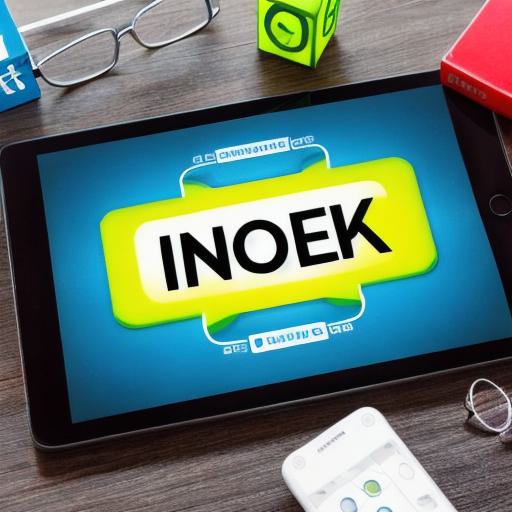
Here are some real-life examples of small businesses using email marketing effectively:
1. Warby Parker: The online eyewear retailer uses email marketing to promote new products, offer discounts and promotions, and stay in touch with customers through regular newsletters.
2. Allbirds: The sustainable shoe company uses email marketing to promote new products, offer discounts and promotions, and stay in touch with customers through regular newsletters. They also use email marketing to generate leads for their products.
Influencer marketing
Influencer marketing can be an effective way for small businesses to reach new audiences and increase brand awareness by partnering with social media influencers who have large followings in your industry. Here are some reasons why:
1. **Brand awareness:** Partnering with influencers can help small businesses increase brand awareness and reach new audiences through their followers.
2. **Trust and credibility:** Influencers have a high level of trust and credibility with their followers, making them an effective way to promote products or services.
3. **Targeted reach:** Influencers can help small businesses target specific demographics or interests through their content and partnerships.
- Analytics:
Influencer marketing
platforms like HypeAuditor provide detailed analytics that can help small businesses understand the impact of their campaigns and make data-driven decisions about their marketing strategy.
Here are some real-life examples of small businesses using influencer marketing effectively:
1. Warby Parker: The online eyewear retailer partners with social media influencers to promote new products, offer discounts and promotions, and increase brand awareness. They also use influencers to target specific demographics or interests through their content and partnerships.
2. Allbirds: The sustainable shoe company partners with social media influencers to promote new products, offer discounts and promotions, and increase brand awareness. They also use influencers to target specific demographics or interests through their content and partnerships.
Content marketing
Content marketing can be an effective way for small businesses to establish themselves as thought leaders in their industry and build a loyal following of customers who value their expertise and insights. Here are some reasons why:
1. **Thought leadership:** Creating high-quality content like blog posts, videos, and infographics can help position your small business as an expert in your field and establish yourself as a thought leader.
2. **Search engine optimization (SEO):** High-quality content can also improve your small business’s search engine rankings and increase organic traffic to your website or blog.
- Social media promotion: Sharing your content on social media platforms like
Twitter
,
LinkedIn
, and
Instagram
can help drive engagement and increase brand awareness for your small business.
- Analytics:
Content marketing
platforms like HubSpot provide detailed analytics that can help you understand how your content is performing and make data-driven decisions about your marketing strategy.
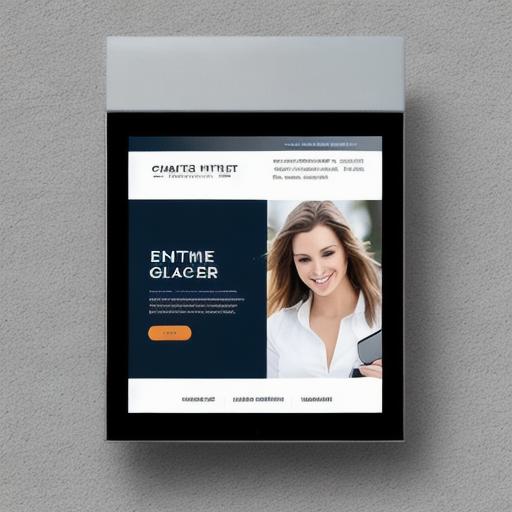
Here are some real-life examples of small businesses using content marketing effectively:
1. Shopify: The e-commerce platform company creates a range of content like blog posts, videos, and infographics to educate customers about e-commerce best practices and establish themselves as thought leaders in the industry. They also share their content on social media platforms to drive engagement and increase brand awareness.
2. HubSpot: The inbound marketing software company creates a range of content like blog posts, videos, and infographics to educate customers about inbound marketing best practices and establish themselves as thought leaders in the industry. They also share their content on social media platforms to drive engagement and increase brand awareness.
Affiliate marketing
Affiliate marketing can be an effective way for small businesses to monetize their online presence by promoting products or services from other companies through affiliate links. Here are some reasons why:
1. **Passive income:** By promoting products or services from other companies, small businesses can generate passive income through affiliate commissions.
- Brand agnostic:
Affiliate marketing
is brand-agnostic, meaning that small businesses can promote products or services from any company as long as they align with their values and audience.
- Easy to start:
Affiliate marketing
is easy to start and doesn’t require any upfront investment or inventory costs, making it a great option for small businesses with limited budgets.
- Analytics:
Affiliate marketing
platforms like ShareASale provide detailed analytics that can help small businesses understand the impact of their campaigns and make data-driven decisions about their marketing strategy.
